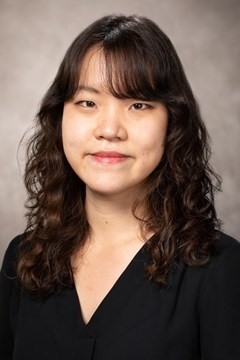Young Hye Song, assistant professor from the Department of Biomedical Engineering, has received a $429,000 grant from the National Institute of Health for research in tissue engineering.
The goal of the project is to understand mechanisms of fibrotic scar formation after a spinal cord injury to identify novel therapeutic targets. Thus far, the majority of research efforts in understanding spinal-cord-injury progression has focused on glial scar, which inhibits functional recovery. To date, there is no complete cure for spinal cord injury. However, recent studies have shown the presence of collagenous fibrotic scar, which also contributes to lack of functional recovery. This grant from the National Institute of Neurological Disorders and Stroke will allow the use of tissue-engineered spinal-cord-injury platforms to aid in understanding the mechanisms of fibrotic scar formation.
Song has been employing research efforts in the field of tissue engineering since her tenure as a graduate student. While earning her doctorate at Cornell University, Song worked on controlling collagen fiber assembly to mimic fibrous tissues (Seo et al., PNAS 2020) and subsequently developed tissue decellularization methods to create three-dimensional cell culture hydrogels (McCrary et al., Tissue Eng Part C 2020, US Patent Decellularized tissues, hydrogels thereof, and uses thereof ) as a Postdoctoral Fellow at the University of Florida. Song will be transitioning the approaches listed in these papers and patents to build SCI testbeds.
"I hope the outcomes of this research will help us better understand the landscape of injured spinal cords and identify novel intervention strategies to bring SCI cure a little bit closer to reality," Song said.
"I am extremely excited that Dr. Song has received this NIH award to bioengineer in vitro test beds to address critical challenges in SCI," said Raj Rao, head of the Department of Biomedical Engineering. "The work Dr. Song will conduct involves new technologies in biomaterials and will immensely contribute to training of undergraduate and graduate students on research related to neurological disorders."
Topics
Contacts
Travis Hefley, operations manager
Department of Biomedical Engineering
479-575-6022, tshefley@uark.edu
